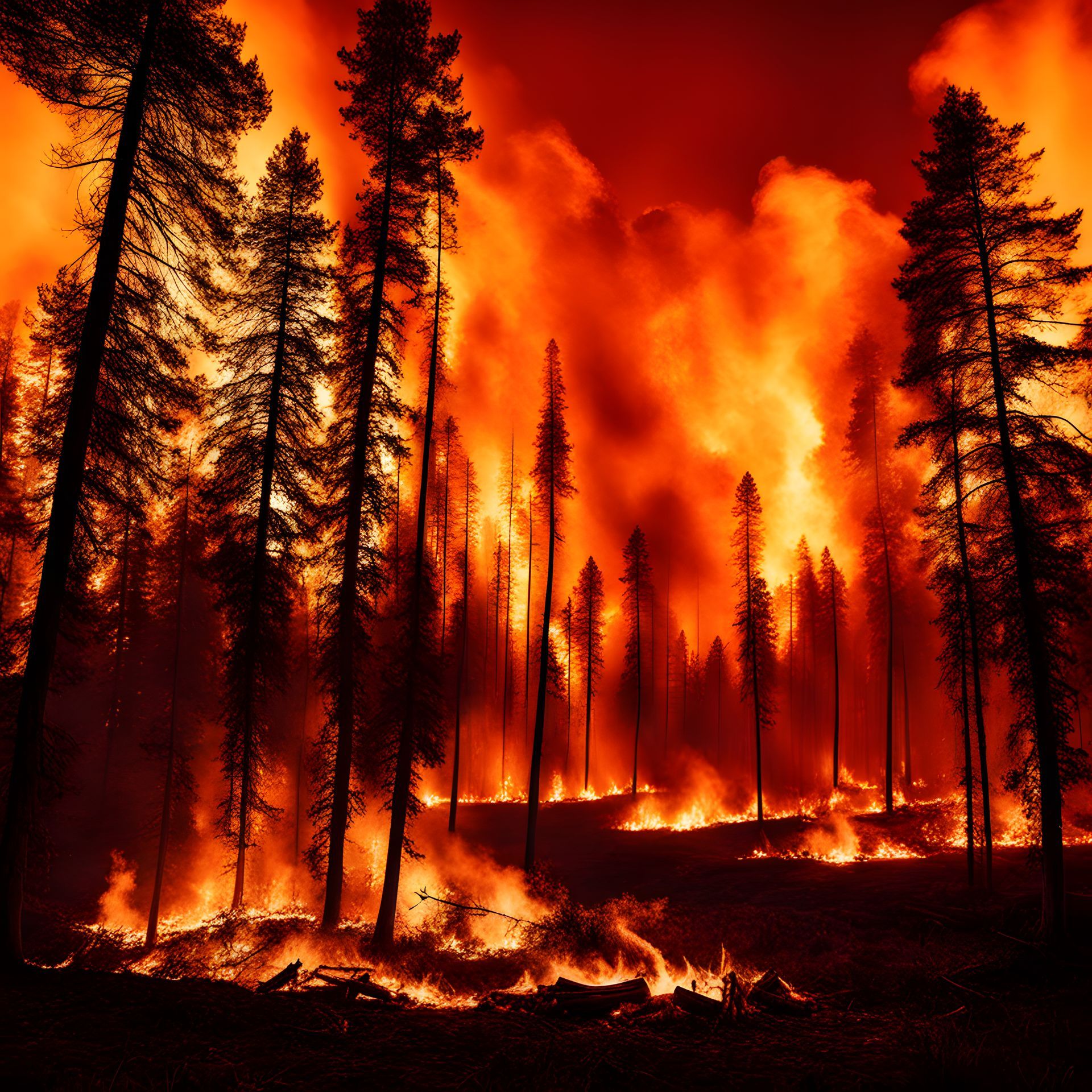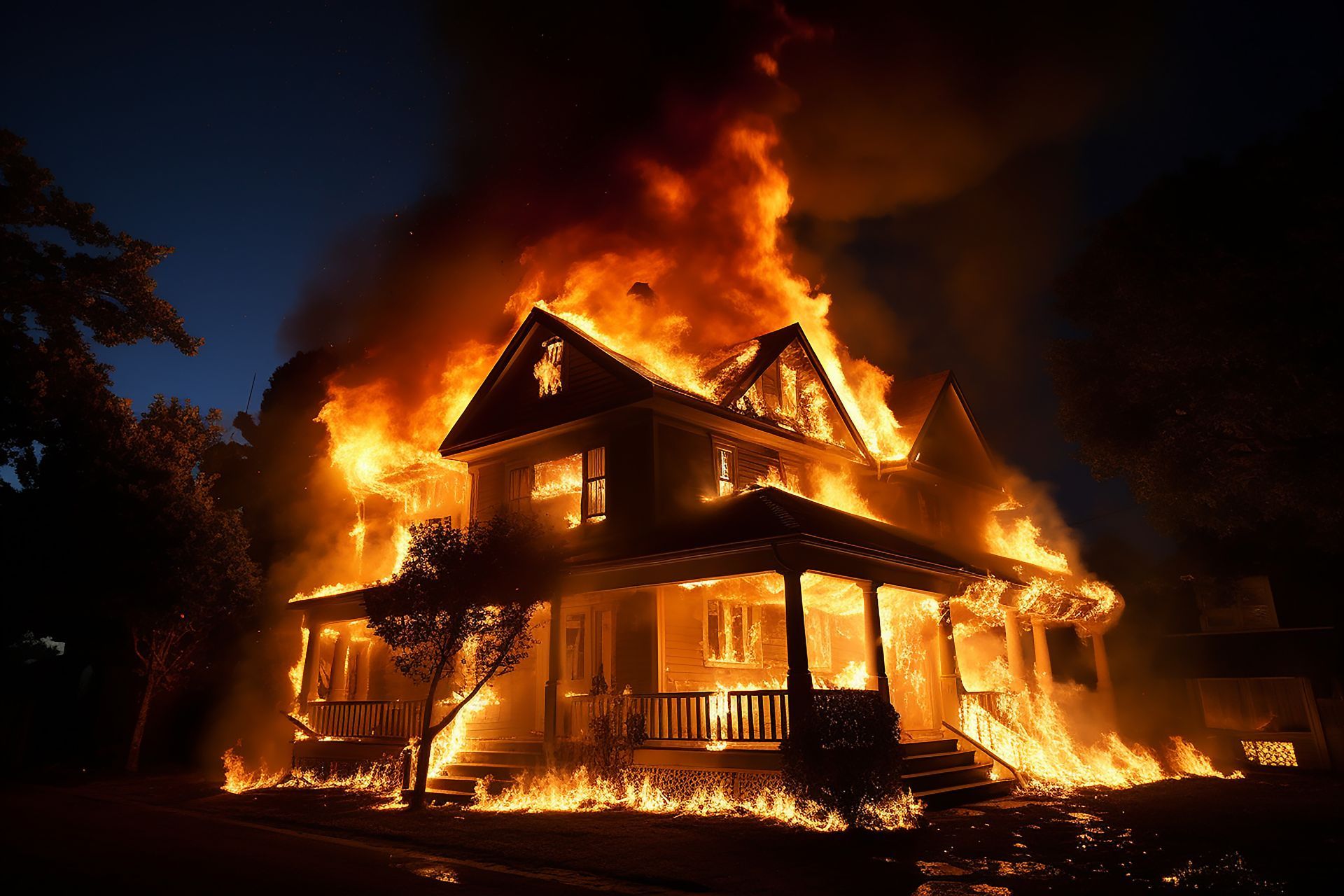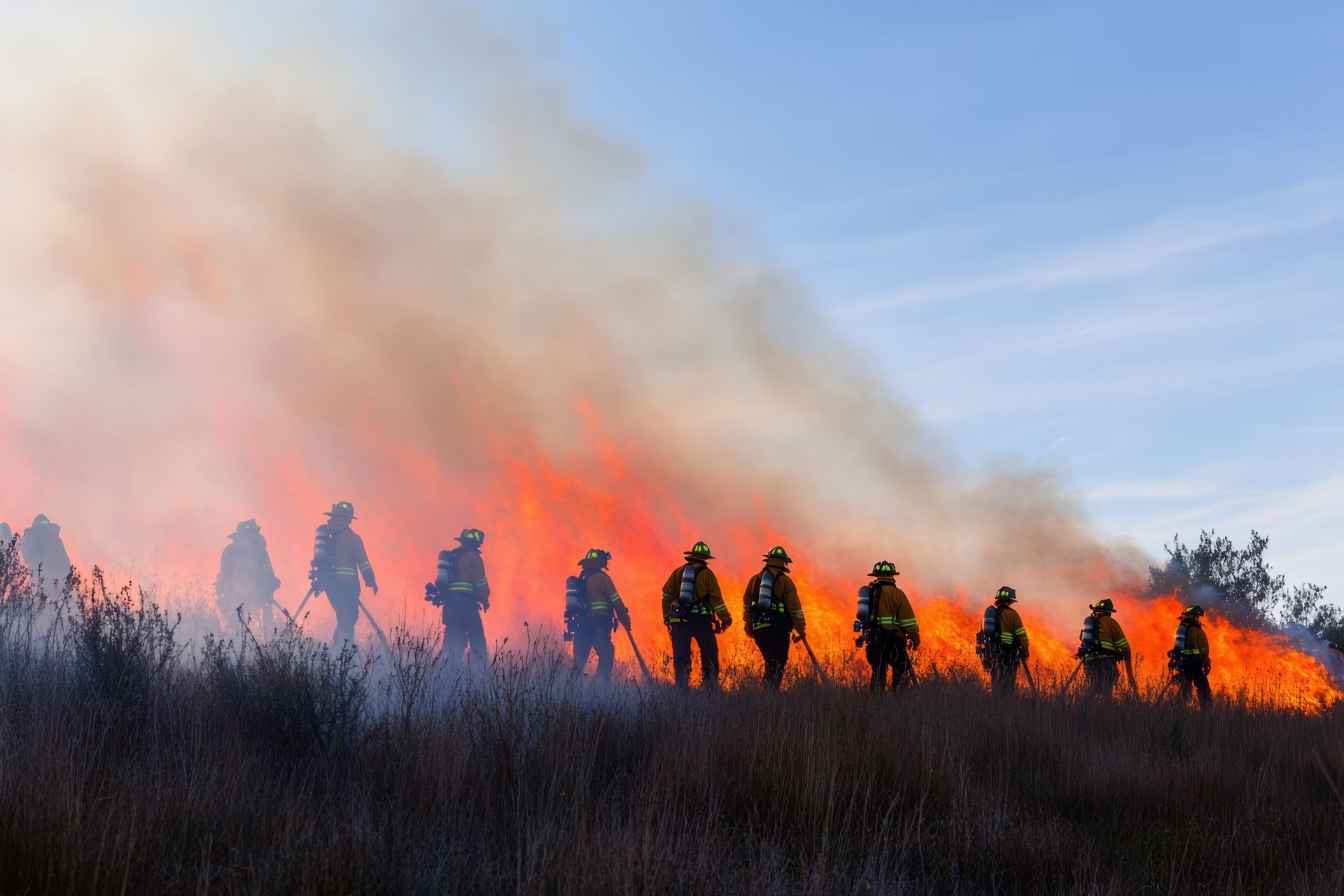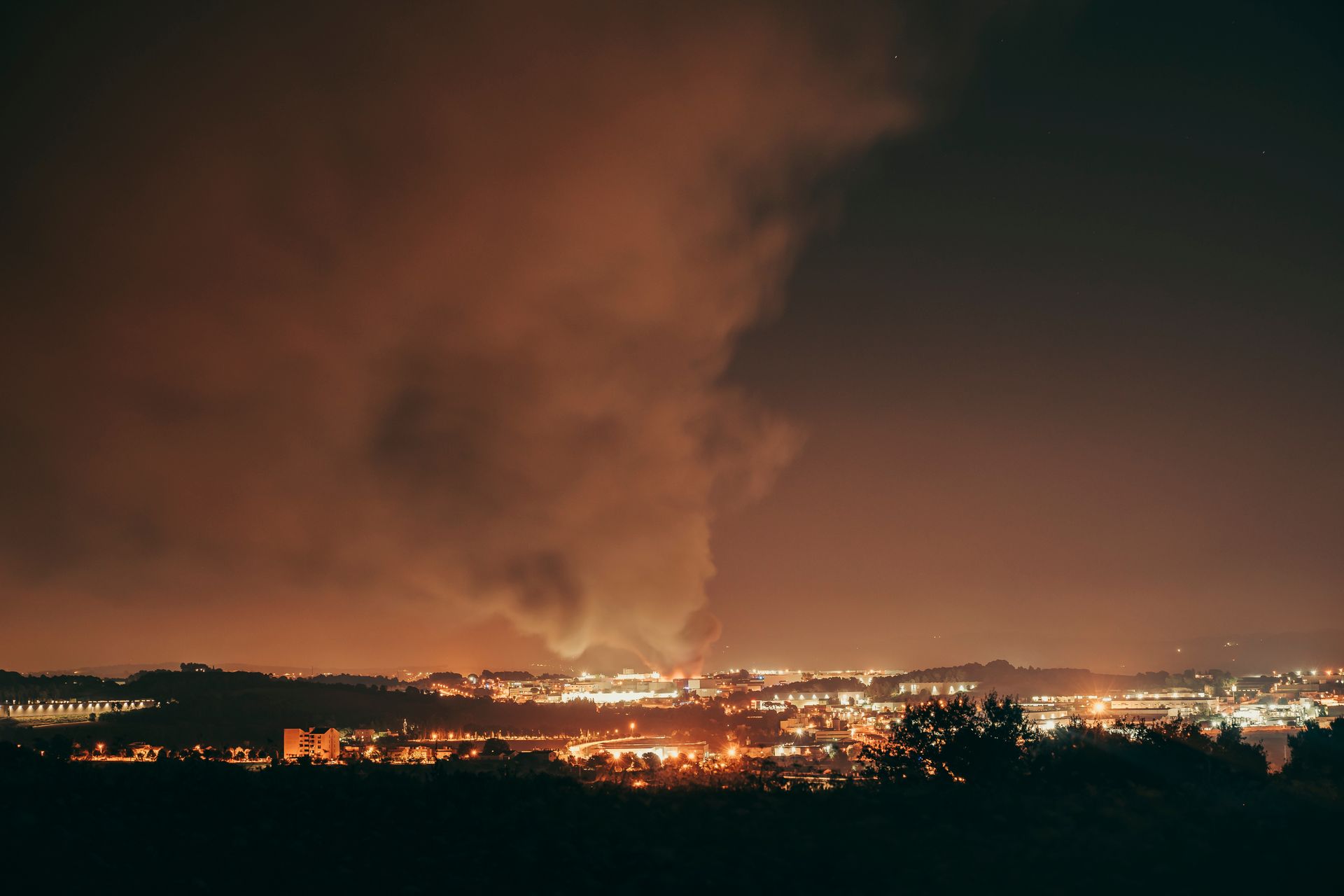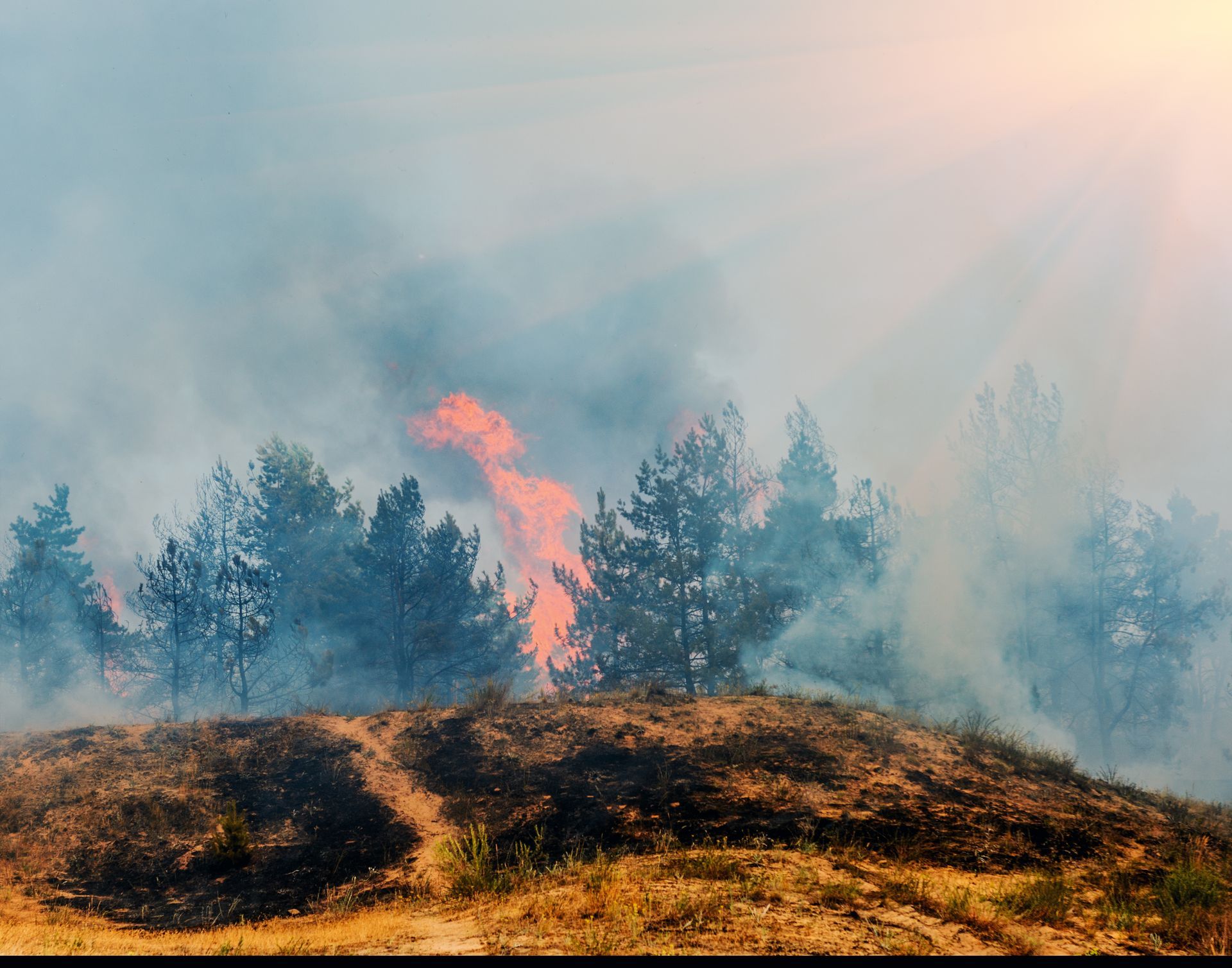Can I Sue for Emotional Distress After a California Wildfire Evacuation?
Can I Sue for Emotional Distress After a California Wildfire Evacuation?
Wildfires in California don’t just damage homes—they upend lives. For many evacuees, the trauma goes far beyond the physical. The fear of losing everything, the chaos of fleeing at a moment’s notice, and the uncertainty of what comes next can leave lasting emotional scars.
But can you take legal action for that emotional toll? The short answer: Yes, under the right circumstances, you may be able to sue for emotional distress related to a wildfire evacuation. Here’s what you need to know.
What Is Emotional Distress in a Legal Context?
In California, emotional distress refers to mental suffering caused by another party’s actions or negligence. It can include:
- Anxiety or panic attacks
- Post-traumatic stress (PTSD)
- Depression
- Insomnia
- Emotional instability
- Persistent fear or grief
This distress must go beyond ordinary worry. Courts look for symptoms that are serious, diagnosable, and disruptive to daily life.
When Can You Sue for Emotional Distress After a Wildfire?
Not every wildfire evacuation results in a viable claim. However, you may have grounds to sue if:
1. The Fire Was Caused by Negligence
If a utility company, landowner, or other entity failed to maintain equipment or follow fire safety protocols, and their actions caused or contributed to the wildfire, they could be held legally responsible.
For example, California courts have held utility companies liable when poorly maintained power lines sparked massive fires, leading to evacuations, injuries, and loss of life.
2. You Were Directly Affected by the Fire or Evacuation
If you were forced to flee, lost access to essential medications, or endured significant emotional trauma as a direct result of the fire, your claim may be viable.
In some cases, family members of those harmed can also file claims if they witnessed or were closely involved in the traumatic event.
3. You Suffered a Documented Psychological Impact
To build a strong case, it helps to show that you sought treatment for your emotional distress. Medical records, therapist evaluations, and even journal entries can help demonstrate the severity of the impact.
What Damages Can You Recover?
If your claim is successful, you may be able to recover compensation for:
- Pain and suffering
- Cost of therapy or counseling
- Lost income due to emotional injury
- Diminished quality of life
In cases involving large-scale fires caused by corporate negligence, courts have also awarded punitive damages to hold the responsible party accountable.
How Are These Claims Proven?
Emotional distress claims often require:
- Evidence of the fire’s cause (e.g., official investigations or public utility reports)
- Proof that you were affected (e.g., evacuation orders, location proximity)
- Medical or psychological documentation of your emotional condition
- Witness testimony, including from family or mental health professionals
Legal support is often essential for gathering and presenting this type of evidence effectively.
What If Your Property Wasn’t Damaged?
Many people assume they can’t file a claim if their home or business didn’t burn down. That’s not always true. In some wildfire cases, people have successfully sued for emotional distress alone, particularly if they were evacuated under dangerous or traumatic conditions.
Even if your physical property survived, you may still have experienced extreme emotional consequences that deserve to be acknowledged.
Take the First Step Toward Recovery
If you've been emotionally impacted by a wildfire evacuation—whether from fear, trauma, or prolonged mental distress—you may have legal options. You don’t need to face the aftermath alone or assume you're ineligible because you weren't physically harmed.
At Pacific Wildfire Attorneys, we help Californians hold the right parties accountable and pursue compensation for the full scope of their losses—including the emotional ones.


